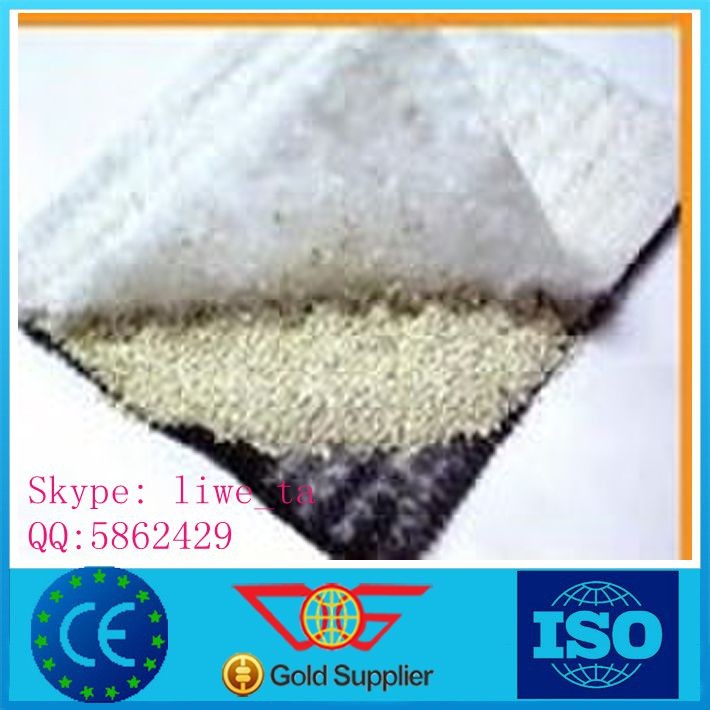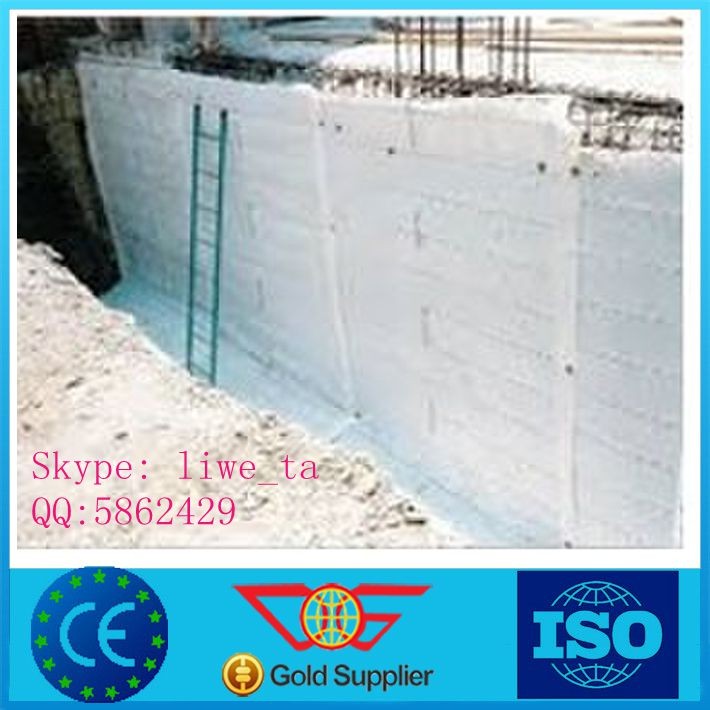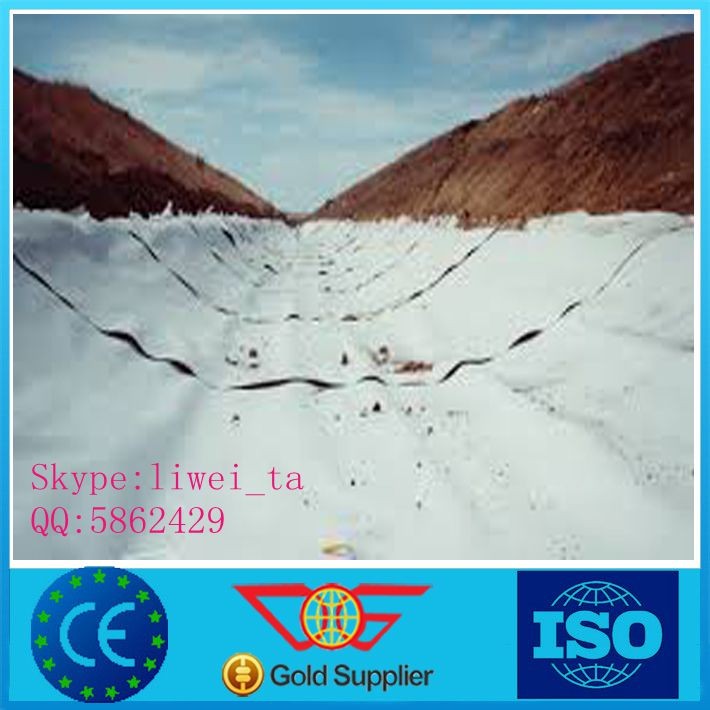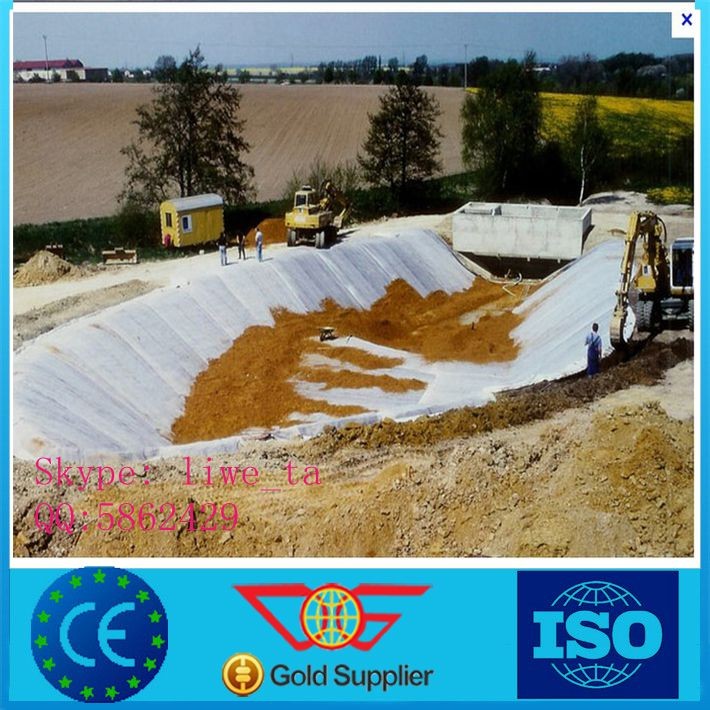Geosynthetic clay liners (GCLs) are an established sealing product in the geoenvironmental industry. They are used in landfill caps and base liner applications under roads, railways, secondary containment for above ground tank farms, as well as within various other containment structures such as dams, canals, ponds, rivers and lakes. They are also used for waterproofing of buildings and other similar structures .
Rolled out like a carpet to provide a durable impermeable liner, geosynthetic clay liners consist of a layer of high swelling sodium bentonite, sandwiched between two geotextiles. by different techniques, manufactured GCL,sanyou , is mechanically bonded by needlepunching from one nonwoven geotextile through the bentonite to the other nonwoven or woven geotextile.
Sodium Bentonite is a naturally occurring clay with hundreds of uses. Comprising mainly montmorillonite, a layered clay mineral with broad flat platelets which are ideally shaped to provide a hydraulic barrier. Sodium ions located between these platelets allow water to hydrate the bentonite in an absorption reaction that results in the bentonites swelling characteristics. swells when contacted with water approximately 900% by volume or 700% by weight. When hydrated under confinement, the bentonite swells to form a low permeability clay layer with the equivalent hydraulic protection of several feet of compacted clay.
This swelling allows the bentonite to seal around penetrations, giving the GCL self sealing characteristics. During hydration, a confined layer of dry bentonite changes into a dense monolithic mass with no observable individual particles. A fully hydrated sodium bentonite layer can have a hydraulic conductivity of approximately one hundred times lower than a typical compacted clay liner (CCL).
Because of their low hydraulic conductivity, GCLs are used mainly as a replacement for thick, difficult to build, compacted clay liners to provide a barrier to liquids and gases.
Permathene supply and install a range of GCL's from light to heavy grades. These are high performance environmental liner comprised of geosynthetic carrier components integrated with a layer of low permeability sodium bentonite. The rolls are supplied in wide widths, minimising seams. Installation is fast
Material property | Test method | Rewuired values |
Bentoniteswell index | ASTMD5890 | 24ml/2g/min |
Bentonite fluid loss | ASTMD5891 | 18ml max |
Bentonite mass/area2 | ASTMD5993 | 3.6kgs/m2/min |
GCL Grab strenth | ASTMD4632 | 400n marv |
Gcl peel strength | ASTMD4632 | 65N min |
GCL Index Flux | ASTMD5887 | 1X10-8m3/m2/sec |
Gcl permeability | ASTMD5887 | 5x10-9cm/sec |
Gcl hydrdtred intemal shear strength | ASTMD5321 | 24kpa typical |
Geosynthetic clay liner with the HDPE Geomembrane
This type of the GCL have 4 liners, the first is the woven geotextile, the second is the bentonite, the third is the non woven geotextile, the last one is the HDPE geomembrane.the non woven geotextile and the HDPE geoembrane glued together.
Material property | Test method | Rewuired values |
Bentoniteswell index | ASTMD5890 | 24ml/2g/min |
Bentonite fluid loss | ASTMD5891 | 18ml max |
Bentonite mass/area2 | ASTMD5993 | 4.0kgs/m2/min |
GCL Grab strenth | ASTMD4632 | 600N |
Gcl peel strength | ASTMD4632 | 65N min |
GCL Index Flux | ASTMD5887 | 1X10-8m3/m2/sec |
Gcl permeability | ASTMD5887 | 5x10-12cm/sec |
Gcl hydrdtred intemal shear strength | ASTMD5321 | 24kpa typical |



